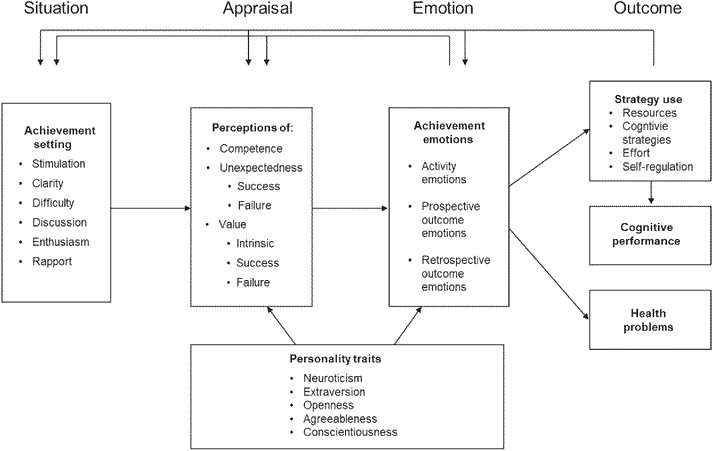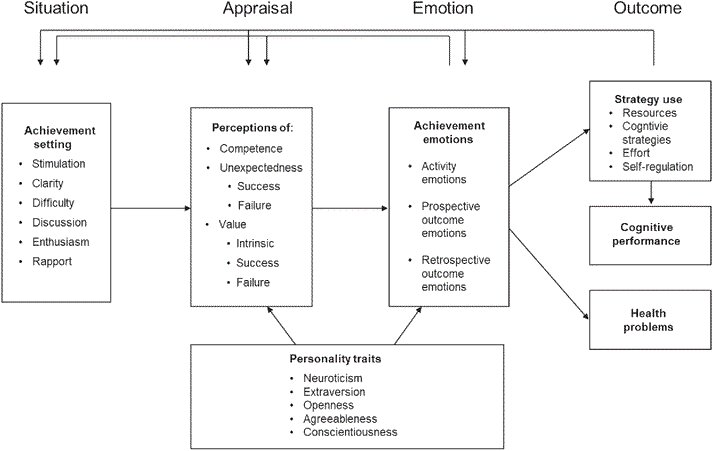
Tapping into the dark side and using anxiety and anger can spark more success than fun and relaxation—but at the cost of your health. The multi-national research led by The University of Essex has uncovered how the mind processes “achievement emotions.”
The paper—published in the Journal of Personality and Social Psychology—scientifically identified the 12 emotions that fuel and impact success.
Despite being seen as negative feelings, anxiety and anger were discovered to be energisers much like enjoyment and hope. However, these darker feelings are linked with a lack of strategic thinking and poor health, including stress-related psychosomatic symptoms such as headaches, nausea, back pain, and lack of sleep.
Overall hope is the most powerful emotion—with the study discovering positive perceptions and feelings of control lead to enjoyment of learning, desire for success, and pride in accomplishment. It discovered that if two students of equal ability took a test the hopeful student would achieve one grade higher than their negative-minded peer. This can mean the less optimistic person would get a failing D whereas the positive student will take home a C.
Study leader Professor Reinhard Pekrun, from Essex’s Department of Psychology, said, “This is the first study that has developed a 3D model for success emotions.”
“Although the model might seem abstract at first sight, it shows how achievement emotions relate to critically important parts of our lives and can define how we perform in job interviews, tests and other stressful situations.”
“Interestingly we found feelings like anxiety and anger can sometimes motivate us more than enjoyment or relaxation.”
“However, despite its energizing powers, the knife edge of anxiety can lead to mental health issues, undermine the functioning of the immune system, and lead to a drop in performance in the long run.”
“Overall hope was the healthiest and best way to spark success and promote long-term happiness.”
“Failure and struggle as such don’t define one’s future, it is the perception of failures that has a strong effect on emotional responses.”
The psychological study involved students from several universities and the general adult population. It took place across four different countries—Britain, Germany, America and Canada. It looked at more than 1,000 people and assessed them across different challenging situations at university and the workplace.
It is now hoped the research will influence how coaches, teachers and managers inspire achievement. The paper found that promoting the value, meaning, and interestingness of tasks rather than emphasizing success leads to better results. The findings show that it may be important for leaders to display enthusiasm to spark excitement and hope in colleagues, students and athletes.
More information:
Reinhard Pekrun et al, A three-dimensional taxonomy of achievement emotions., Journal of Personality and Social Psychology (2022). DOI: 10.1037/pspp0000448
Journal information:
Journal of Personality and Social Psychology
Source: Read Full Article
